
If you’re not sleeping well, you’ve probably wondered how much sleep adults need. As you’ve probably already guessed – it depends.
There is a wide-held belief that we should all get by with less sleep the older we get. But actually we need just as much as everyone else, which is 7-9 hours.
The problem is, once we’re over 50, our ability to both get to sleep and stay asleep reduces. And a variety of health issues hit us that can also stop us getting through the night uninterrupted.
When you do get to drift off, although you think you’re dormant, your body is busy doing many other things. Your brain is sorting out the day’s events, your blood pressure goes down, your heartbeat slows and hormones are released. Sleep is vital for our anatomy as well as our physical and mental wellbeing.
It's not all happening at once though – and your sleep is far from being at the same level throughout the night.
Ideally, first we doze off and drift into a light sleep, then we go deeper before moving into REM (rapid eye movement) sleep, which is when we dream. What you might find surprising is that this all takes place over just 90 minutes.
We then typically repeat this light-deep-REM cycle another four times with several moments of being awake, which we don’t remember, before getting up.
Light sleep takes up most of the 90-minute sleep cycle and, like the doze and REM stages, remains fairly constant throughout our lives. However, the deep sleep stage shortens as we get older, which is why a night’s sleep can feel less refreshing.
We also get the double whammy of diminishing melatonin (the hormone that induces sleep) and our natural circadian rhythm moving forward so we’re inclined to wake up earlier.
Of course, there is a host of medical conditions that also affect how well we sleep, from painful arthritis to frequent loo visits.
To improve the quality of your sleep, you’ll need to identify what makes you feel your sleep isn’t good enough.
Is the problem getting off to sleep, sleep disturbance or early waking, for example. It’s likely that you might have more than one issue, so focus on one you feel you could tackle or try before dealing with the others.
Cut back on caffeine. Sounds predictable advice, doesn’t it? But it takes 5 hours for your body to rid itself of 50% of the caffeine in your system.
How old’s your mattress? If yours is 10 years old or more, you are well overdue a new one.
Get a silent night. Road noise, partner snores, loud neighbours… earplugs are very different these days so take a look online to see the latest and comfiest options.
Train your brain. Like a baby, your brain will recognise patterns in your behaviour and associate them with sleep. Whether it’s the sensation of an eye mask as you get into bed or listening to a podcast, your head will soon get the message.
Keep your feet warm. Bedrooms should be cooler than the rest of your home, but your feet might not appreciate it! Some loose-fitting bed socks with grippy soles will keep toes toasty, especially on any loo trips.
For lots more helpful information you can sign up for NHS email tips for better sleeping or download a free copy of Understanding Your Sleep written by the Sleep Council.
To get to sleep better at night, you need to get out and about in the day. Natural daylight and morning light regulate your natural production of melatonin which triggers and maintains sleep.
Hot summer weather can be bearable by day but can sap your energy by making it difficult to sleep through the night. Along with keeping your home cool overall, you can make sleeping easier in high temperatures:
1. Keep a cool head – put a couple of freezer blocks in a plastic bag and pop them under your pillow before you go to bed. You might feel them through the pillow or you can turn it over for a refreshing effect when you need to.
2. Cold water bottle – fill your hottie with cold water and put it in the fridge or freezer. You can then have that in the bed to cool you down.
3. Evaporation for relaxation – if things have got really hot, you could sleep under a cotton sheet lightly misted with water. As it dries, it takes the heat away with it. Or keep a water bottle spray by the bed so you can give your face and chest a quick spritz.
Don’t try to stay chilled all night as your core temperature naturally drops as you sleep. You just want to be comfortable enough to drift off. And if you resort to a fan, don’t leave it running all night or have it plugged into a multi-plug socket adapter.
If your sleeping habits suddenly change or a medical condition interferes with your sleep, speak to your doctor. The same goes if your efforts to get a better night’s sleep don’t seem to be making a difference.
If you happen to have Saga Health Insurance, don’t forget you can get in touch with the Saga GP Service any time of the day (or night!) to arrange to speak to a doctor about your sleep concerns.
If you’re new to private health insurance, our page on the benefits of private healthcare explains the basics. In short, along with the unlimited use of the 24/7 Saga GP Service, Saga Health Insurance enables you to get private specialist and consultant referrals, scans, diagnosis and treatment, all without NHS waiting lists.
There’s a range of cover options, which all provide private inpatient and day-patient treatment and care for your eligible conditions (which basically means something you’ve not had symptoms, advice or medication for in the last three years).
Saga Health Insurance is a unique product designed by us specifically for our customers and it is only available through us. Together with our underwriter, Bupa Insurance Limited, we are committed to providing high levels of quality, service and choice. That's why we offer a range of policies that can be tailored to suit your needs and budget.
Health insurance for people over 50 that provides a quicker route to diagnosis and planned medical treatment in a private hospital.
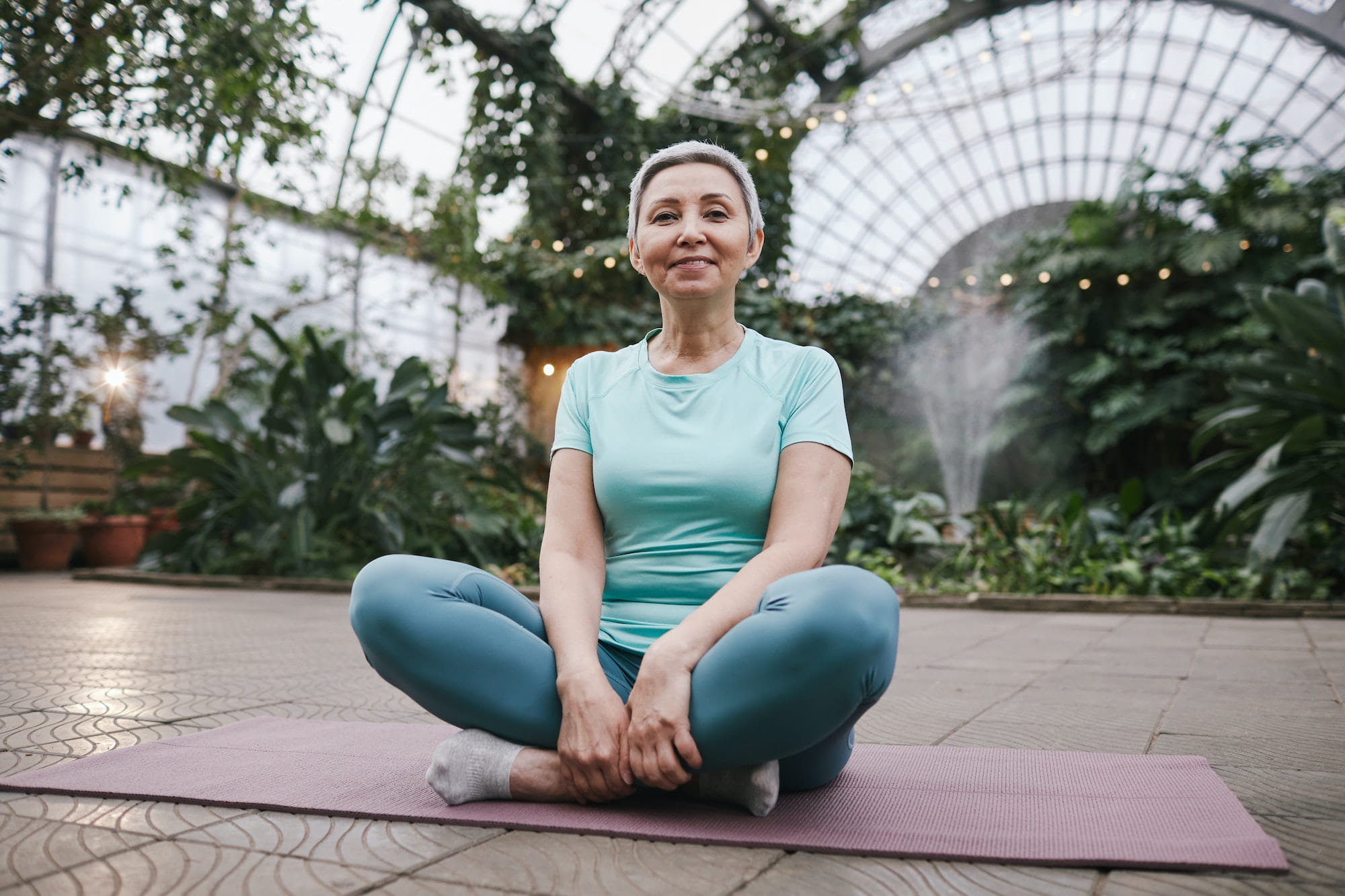

Get quicker diagnosis and treatment with nationwide private hospital options. There’s no upper age limit and you won’t need a medical.
There's plenty to explore and learn about our health insurance cover.

Looking for private health insurance? Read our handy guide before choosing your health plan.
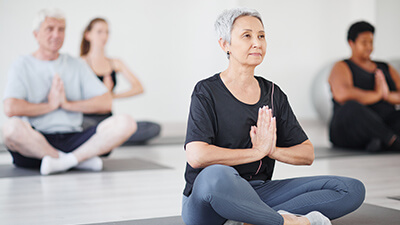
Our glossary of health insurance terms explains the most commonly used words and phrases to make things as clear as possible.

Make the most of the summer of sport with some healthy walking challenges.

If you work for yourself, it really pays to stay healthy. See how health insurance could give you a speedy route to recovery if illness gets in the way of business.

Our guide will help you understand whether your past medical conditions are covered when you take out a new health insurance policy.

It's easy to switch your health insurance to Saga or set up a policy after a company scheme has ended.

It’s your first line of defence against ill health, so how can you keep it in tip-top shape?

Tailor and improve your Saga Health Insurance policy so you can have the cover that's right for you.

We offer a choice of four health plans, each providing cover for diagnosis and prompt hospital treatment.
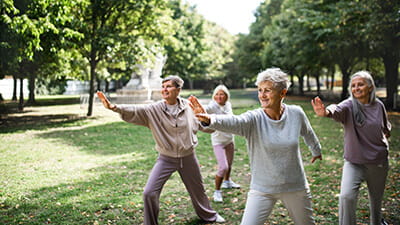
Benefits of health insurance cover for joint replacement surgery.
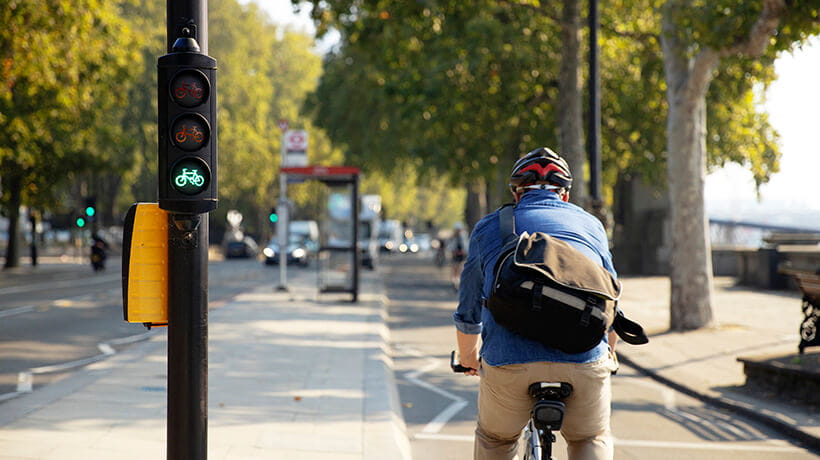
From Norwich to Glasgow, Saga uncovers the UK’s most cycle-friendly cities, and the perspectives of different generations on cycling, all the way from Gen Z to those over 50 years old.
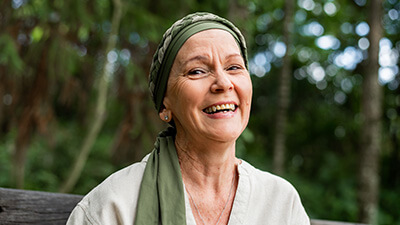
Saga HealthPlans, Super, Secure and Saver Plus all provide the peace of mind that you have access to good, all-round cover for cancer every step of the way.

Want to know more? Here are the answers to the questions we're asked most often about our health insurance.

How can we rejuvenate our mental health and wellbeing as we get older? Our research suggests hobbies – and the natural world – hold the key.